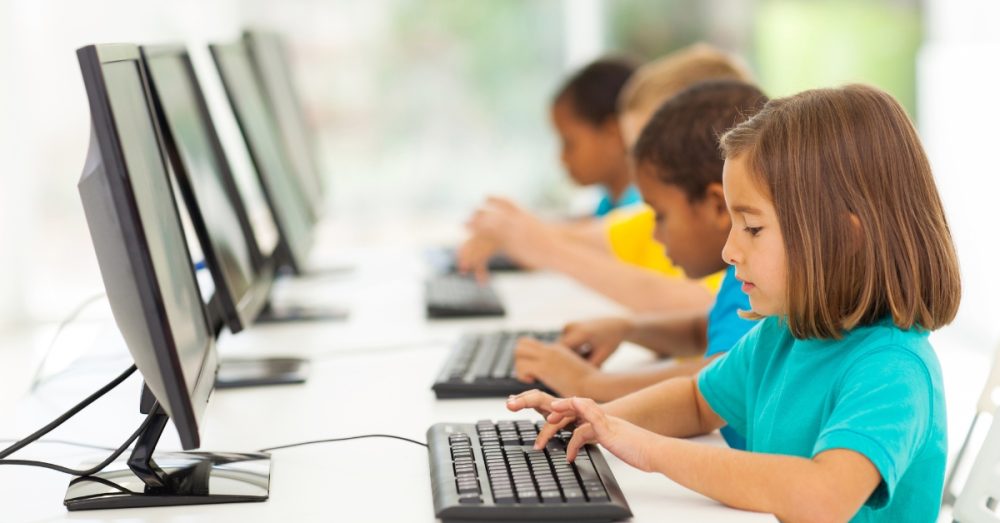Federal spending on various programs that supported states through the COVID lockdowns and the ensuing recovery is coming to an end.
One of those subsidy programs, the Affordable Connectivity Program (ACP), has ended. The $14.2 billion program was launched in December 2021 and provided eligible households with up to a $30 per month discount toward internet service. Eligible households could also receive a one-time discount of up to $100 toward the purchase of a computer or tablet.
“The cost of high-speed internet is out of reach for too many of us,” said FCC chairwoman Jessica Rosenworcel when the program was launched. “Now, with the long-term Affordable Connectivity Program, we have the opportunity to enroll even more households and help ensure they can afford the internet connections they need for work, school, health care, and more for years.”
With the close of the program, Rosenworcel encouraged ACP providers to develop their own low-income and low-cost programs.
“The Affordable Connectivity Program filled an important gap that provider low-income programs, state, and local affordability programs, and the Lifeline program cannot fully address. The Commission is available to provide any assistance Congress may need to support funding the ACP in the future and stands ready to resume the program if additional funding is provided,” she said.
The Lifeline program offers a $9.25 monthly benefit on broadband service for eligible households.
Fox 4 KDFW reports on the millions of people across the nation and right here in Texas who were affected when the program ended. Here’s the start of the story:
IRVING, Texas – When the pandemic hit in 2020, virtual learning became the new normal for millions of students nationwide.
Congress passed the Emergency Broadband Benefit Program, which turned into the Affordable Connectivity Program. It’s supposed to be a permanent solution, but funding has run out.
With funding from the program, around 23,000,000 households nationwide were able to stay connected.
The goal was to close the so-called digital divide.
In Texas, approximately 1.7 million Texans benefited.
Congressman Marc Veasey, who championed the bipartisan legislation, toured Lady Bird Johnson Middle School with FCC Commissioner Geoffrey Stacks where every single student has a Chromebook provided by the district.
For many low-income students, their connectivity ends when they leave the school.


